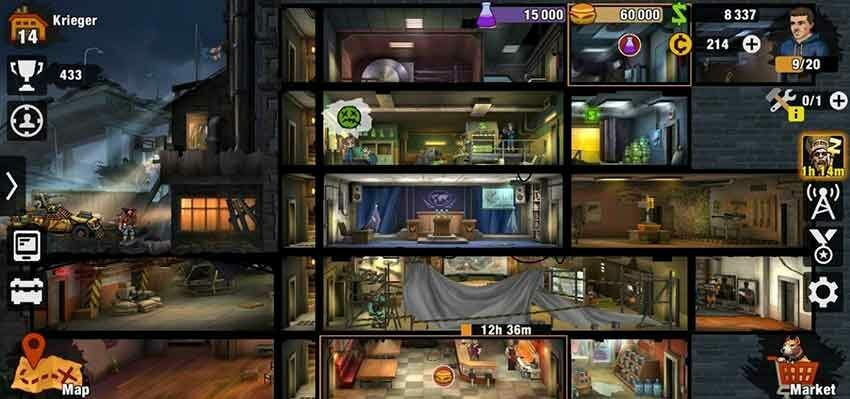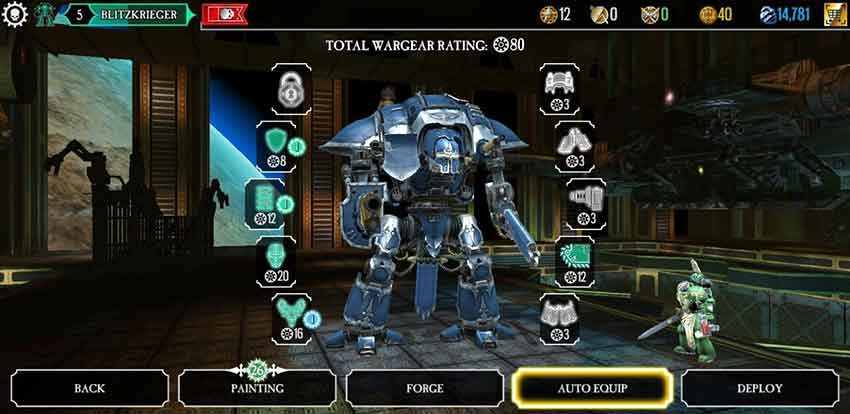Show:
How To Start Your Career In Games Development
Game development is a challenging but rewarding field. If you are considering a career in game dev, chances are, you will not have it easy – most projects are huge on overtime so the work-life balance struggle is real.
On the flipside, a lot of game developers don’t want a real job anyway – they are so passionate about their projects that they want to make them work no matter how much time it takes.

If you are ready to commit to a competitive and consuming roller-coaster of game development, here’s a step-by-step career guide.
Game Development Prerequisites
Whether you are a self-taught developer or a CS graduate, before you start job hunting, it’s helpful to know the industry standards for game developers. Let’s go over the hard and soft skills an up-and-coming game dev should have on her CV.
Hard skills
- Good command of C# and C++
- Solid understanding of Java (for mobile game development)
- Understanding of UX/UI design principles.
- 3D programming: OpenGL, etc.
- Strong grasp of game development engines: UDK or Unity.
- Understanding of the process of making a game in Java and other programming languages.
Soft skills:
- Time management
- Creativity and quick thinking
- Problem-solving
- Communication and team management
- Storytelling (specifically, understanding how the game code impacts or reinforces the narrative).
5 Tips for Successful Game Dev Job Hunting
If you are confident in your programming skills and want to apply them in the workplace, think about actionable ways to make your CV attractive to team leads and recruiters.
Here are five tried-and-true tactics that’ll help you set the foot in the door of game development and secure a job.
Tip #1. Have a portfolio
Game development is highly appealing for developers because it pays well, introduces you to exciting projects, and allows working for big names in the industry. As a newcomer in the field, you need to stand out among other job applicants – a versatile high-quality portfolio is a way to go about this.
- Record demo videos. For each program you designed, film a short walkthrough that introduces a viewer to the plot and features of the game. Be sure to explain the rationale behind choosing a specific tech stack and elaborate on how you would scale the project if it were to be released.
- Less is more – declutter your portfolio and make sure it includes your top-tier works. It’s better to refrain from putting every project you worked on at the university in the “Portfolio” folder and only add the titles you are proud of.
- Build mods, asset packs, and other resources for existing games like Minecraft – this way, you’ll show your passion about the industry and can get recognition from gamers who enjoy the titles.

Tip #2. Network and build connections
Because the game industry is fairly competitive, being on good terms with industry gatekeepers (HRs, team leads, etc.) increases your chances of getting a job.
If the thought of networking and attending events makes you uncomfortable, consider these low-commitment ways to get in touch with decision-makers.
- Start blogging. Running a blog about game development doesn’t require you to meet many people. In fact, it’s enough to share helpful thoughts and insightful thoughts on the state of the industry and share them online (e.g. on r/gamedev) to build an impactful personal brand.
- Join competitions and hackathons. Competitions are high-pressure environments but they are worth giving a try. For one, you can win cash prizes and get an emotional boost from seeing others recognize your efforts. Also, job hunters typically follow – use them as a chance to gain visibility.
- Be active on forums. Commenting and posting on Reddit, too, can get you a job – below, we’ll share a list of helpful threads you can use both for education and networking.
Tip #3. Follow trends
Staying passionate about gaming and knowing the latest news and titles the insightfulness of your answers at job interviews by miles. After all, experienced team leads can quickly tell a committed, excited developer and a programmer who’s in it for money or to have an “epic” job apart.
To keep track on the latest industry news and trends, follow these resources:
- Dark Side of Gaming “spills the tea” of the industry and prepares you for the “downs” of game development.
- CNET regularly publishes gaming news and pieces.
- Hardware Canucks gives insights into best hardware for gaming.
- TechCrunch is your guide to the news in the startup industry; the platform features game startup stories as well.
Tip #4. Keep learning
Finally, since the gaming industry is so dynamic, you shouldn’t stop learning if you want to stay competitive.
Here’s a list of resources that help game devs to not get rusty in programming and game design.
Programming resources:
- Codegym – an insightful Java programming blog for game developers.
- A Practical Guide to Game Writing keeps you accountable when it comes to coding standards.
- Lessmilk – Learn to Make Games – is a well-structured gaming blog that regularly publishes tutorials.
Forums
- r/gamedev
- /r/Devblogs
- /r/gameDevClassifieds
Youtube channels
- Game Maker’s Toolkit
- Snoman Gaming
- The Cherno
Final thoughts
Finding a job in game development might seem challenging -frankly, it is, especially if you are a fresh graduate with little-to-no experience.
However, by slowly building your brand and gathering portfolio samples, you will eventually land a fulfilling job and contribute to exciting projects. Following industry news and using learning resources to hone your skills are also important to stay competitive among job applicants.

 Return to Previous Page
Return to Previous Page








